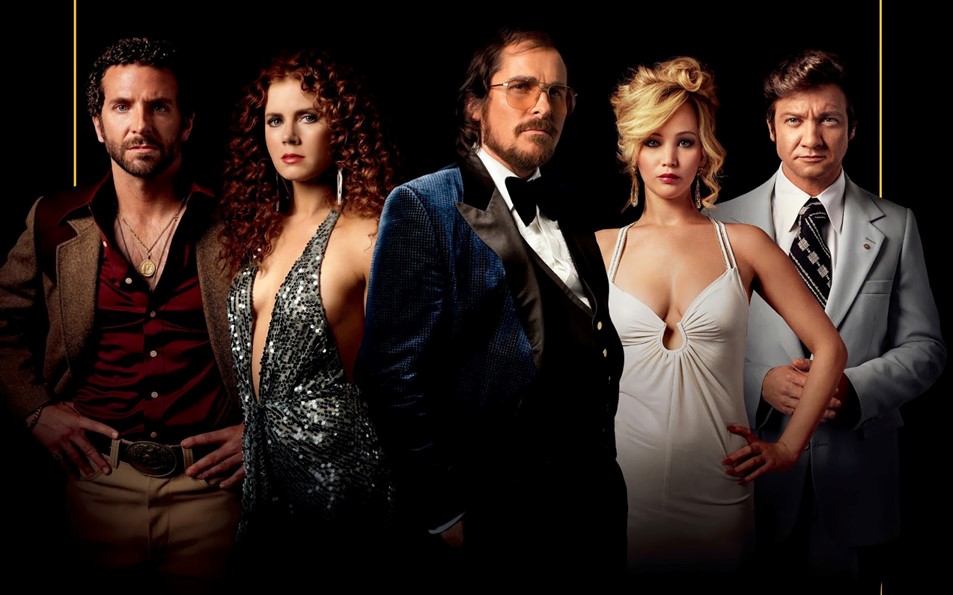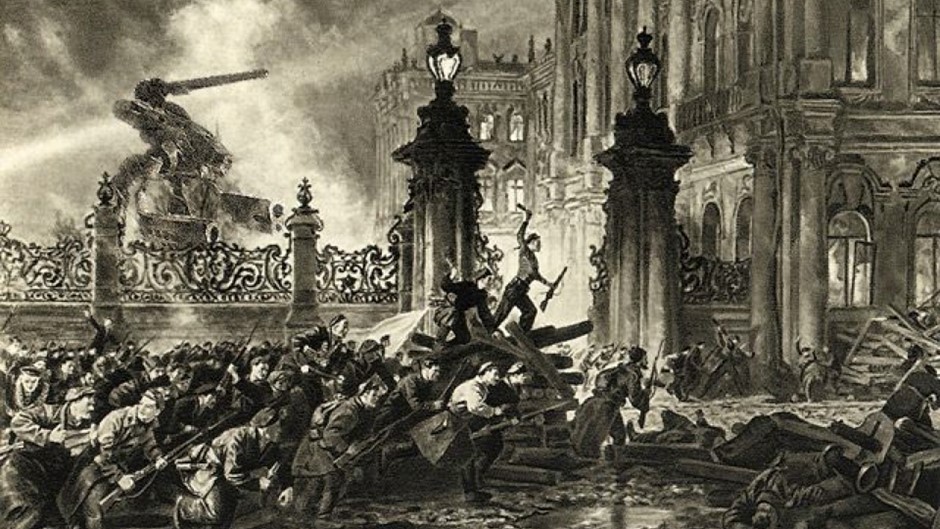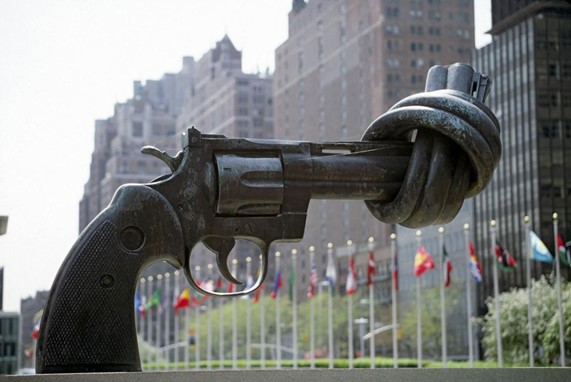The Economics Of Failing To Win An Oscar
January 20, 2015 in Daily Bulletin

A couple months ago hackers released thousands of emails from Sony pictures. Ben Fritz went through them and pieced together the details behind Sony’s largely unsuccessful awards campaign last year:
- You can hire “awards consultants” who help come up with a strategy to increase the chances of winning an Academy Award.
- With the guidance of an awards consultant, Sony executives considered spending $4.2 million on a “Phase One” campaign for Tom Hanks’ Captain Phillips.
- A Phase One campaign is the amount that’s required merely to make a movie an awards contender. The amount budgeted included $250,000 for DVDs of the movie for the Screen Actors Guild, $250,000 for the cast to travel and promote the film, and $700,000 for ads.
- Spending this kind of money was considered because it was estimated that Tom Hanks winning best actor alone would boost sales by $1 million.
- It’s unclear how much Sony ultimately ended up spending on the campaign but it was unsuccessful. While the movie was nominated for six Oscars, it won none.
- Sony also created an Awards budget for American Hustle, estimating that a best picture win would increase sales by $3 million.
- This campaign was also unsuccessful, possibly because the company was unable to get top stars Amy Adams, Christian Bale, Bradley Cooper and Jennifer Lawrence to schmooze with the entertainment elite at social events, or with hosts of talk shows.
Find out more about what goes into winning an award, why some within Sony think this is “foolish money”, and read how Captain Phillips’ producer reacted to not winning an award over here.
Source: The Wall Street Journal

















Join the Discussion! (No Signup Required)